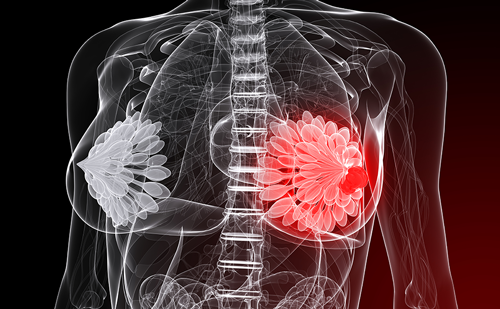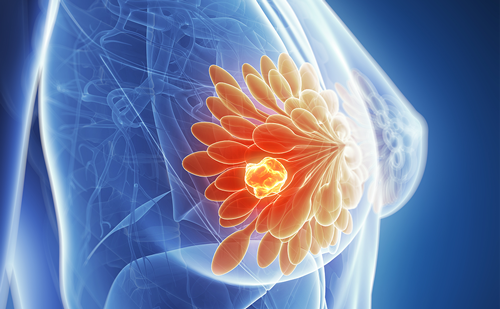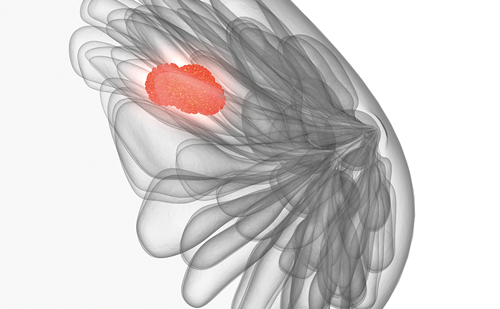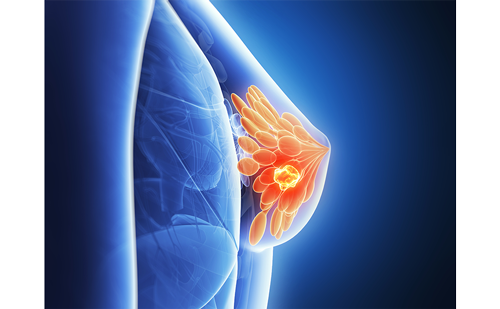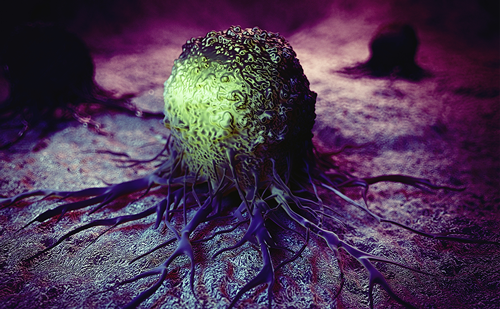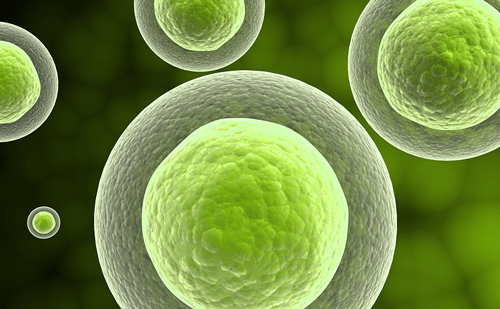Breast cancer is the most common type of cancer in the female population worldwide, with an estimated incidence of more than 1.3 million new cases and 458,000 deaths in 2008.1 Up to 30 % of breast cancers are reported to occur in women aged 70 years or over;2,3 however, due to the under-representation of elderly patients in cancer clinical trials,4,5 there are few data to help define the optimum treatment for these patients.
A retrospective study of trials submitted to the US Food and Drug Administration (FDA) for drug approval in the years 1995–2002 showed that the percentage of women aged 65 years and over enrolled in clinical trials of hormonal therapy for breast cancer closely matched the proportion of breast cancer patients of the same age in the US, but inclusion rates in chemotherapy trials are much lower.6 Although the elderly population is heterogeneous, 65 years does not seem to be the optimum threshold for defining an elderly patient, and most of the members of a National Comprehensive Cancer Network (NCCN) taskforce for breast cancer in the elderly agreed to set 70 years as a better cut-off point.7
Locally advanced breast cancer (LABC) refers to patients diagnosed with large primary cancers and/or regional adenopathy. Its frequency has diminished greatly thanks to screening mammography and early detection. However, there are some populations, such as women in low-income countries or elderly women in industrialised countries, who continue to experience disproportionately high breast cancer mortality rates, as they are at an increased risk of having locally advanced disease at diagnosis. Data show that the frequency of LABC is indeed higher in elderly women, with 10 % of cases occurring in patients younger than 40 years but 30 % occurring in patients aged 70 years or over.8–10
To view the full article in PDF or eBook formats, please click on the icons above.




